Lawn insects in Tennessee can be troublesome for homeowners. Signs that your lawn may be infested with insects include patches of discolored grass, thinning or stunted growth, and yellow or brown patches. Common lawn insects in Tennessee include fire ants, armyworms, cutworms, yellow jackets, hunting billbugs, chinch bugs, white grubs, and more!
Need Lawn Insect Control? Call Herbi-Systems today!Army Worms and Cutworms
Army worms are another destructive lawn insect found in Tennessee. They often feed on the leaves of grass and can quickly destroy a lawn if left untreated. Army worms are most active during the warmer months when they can be seen swarming in large numbers.
Cutworms are similar to army worms, as they feed on the leaves of grass as well. They are nocturnal, so they usually come out at night and can be seen crawling around in search of food. Fortunately, both can also be controlled with insecticides or parasitic nematodes.
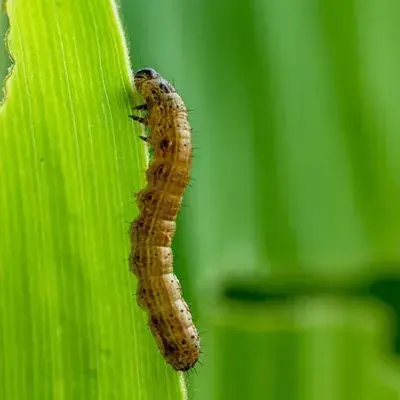
Fire Ants
Fire ants are considered one of the most common and destructive lawn insects in Tennessee. Fire ants have spread from the extreme southern states to the Mid-South, which includes Memphis. The Southern fire ant is aggressive, and its sting can produce reactions ranging from irritation and vomiting to even more severe symptoms. They attack both people and animals. It can cause damage to trees, shrubs, air-conditioning units, and even telephone wires. Therefore, it is important to take measures to control the fire ants on your lawn.
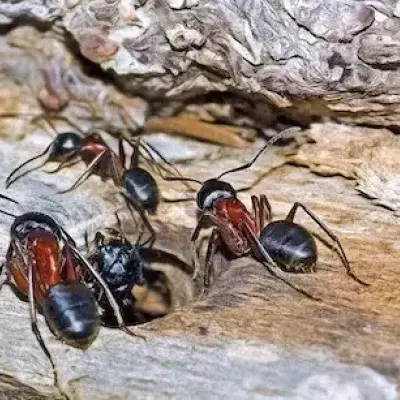
Green June Beetle
Green June beetles look similar to Japanese Beetles and feed on the leaves of grass, leaving large dead spots. To control this insect, use an insecticide specifically designed for green June beetle larvae or apply beneficial nematodes to your lawn. Proper mowing practices can also help to reduce populations by removing their food source.
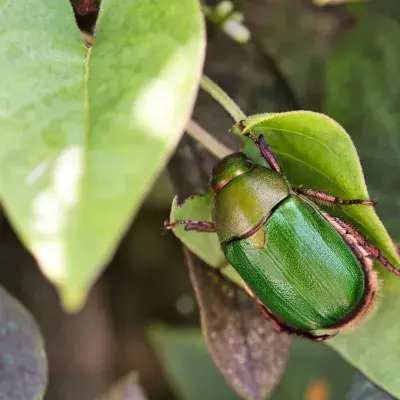
Grubs
Grubs are the larvae of beetles, and they feed on grassroots. They can cause considerable damage to your lawn if left unchecked, so it's important to take action as soon as you notice them. Regularly inspect your lawn for grubs in late summer or early fall, and apply an insecticide if necessary. Alternatively, natural predators such as birds and certain insects can be encouraged to visit your lawn to help keep the grub population in check. Finally, aerating and fertilizing your lawn regularly will help keep it healthy, making it less attractive to grubs.
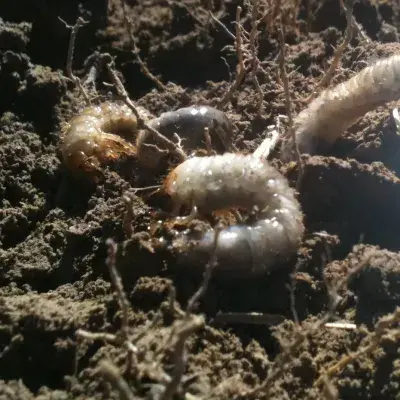
Hunting Billbugs
Hunting Billbugs are a species of beetle found in Memphis, TN. They have long bodies and pointed heads, and their shells are dark brown or black with yellowish-brown stripes. Hunting Billbugs feed on the roots of turfgrass and can cause extensive damage to lawns if left unchecked. To control them, use insecticides or baits specifically designed for beetles. You can also remove the adults by hand or use a vacuum cleaner to suck up any larvae. Be sure to dispose of them carefully, so they don't return to your yard.
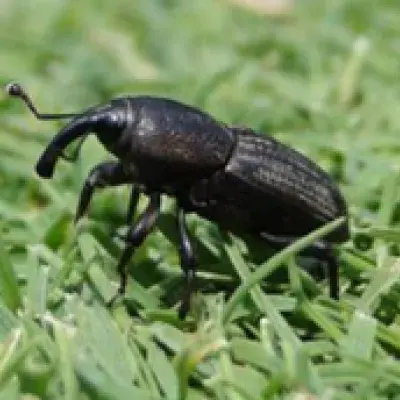
Leafhoppers & Spittlebugs
Leafhoppers and spittlebugs feed on the sap of grass blades, creating a frothy “spit” that protects them from predators. To reduce populations, introduce beneficial insects into your lawn and avoid using broad-spectrum insecticides. Proper mowing practices can also help to keep these insects away.
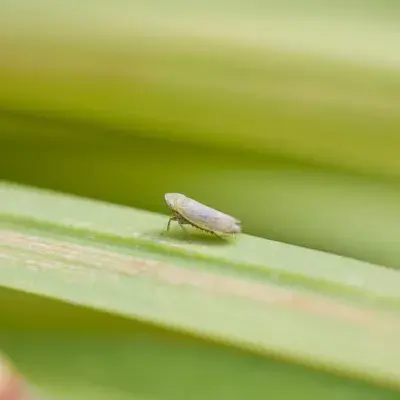
Mole Crickets
Mole crickets can cause extensive damage to lawns, with their tunneling activities creating large dead spots. To reduce populations, use an insecticide specifically designed for mole crickets or apply beneficial nematodes to your lawn. You can also attract birds that feed on these insects and keep your grass mowed high to make it difficult for them to tunnel.
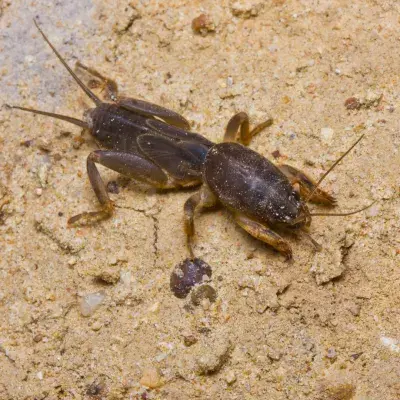
Sod Webworms
Sod webworms can cause significant damage to lawns by creating patches of dead grass as they feed on the foliage. To reduce populations, introduce beneficial parasitic wasps into your lawn or use insecticides specifically designed for this insect. Additionally, avoid over-fertilizing your lawn and maintain proper soil moisture levels, as this can encourage the growth of webworms.
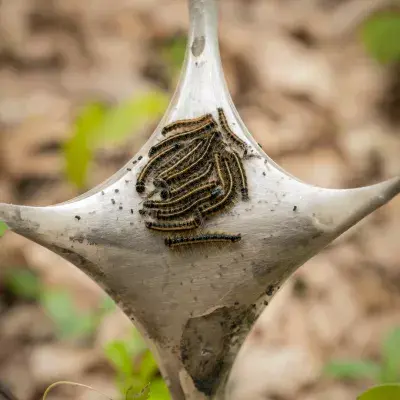
Yellow Jackets
Yellow Jackets are a large, aggressive species of wasp found in Memphis, TN. They are often mistaken for bees due to their yellow and black stripes, but they can be identified by their long bodies and pointed wings. Yellow Jackets have a painful sting and will aggressively defend their nests if disturbed. To control them, use insecticides or traps specifically designed for wasps.
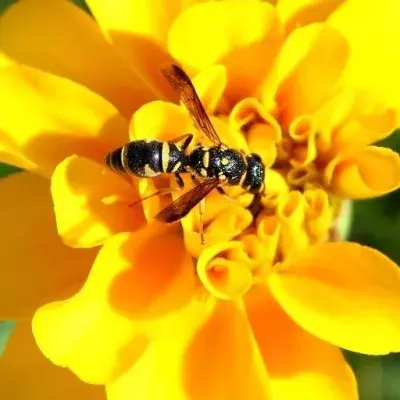
Chinch Bugs
Chinch bugs are small insects that feed on turfgrass roots. They can cause extensive damage to lawns, turning the grass yellow and resulting in dead patches. To control them, use insecticides specifically designed for chinch bugs or neem oil. In addition, you can reduce their numbers by removing any thatch buildup in your lawn and maintaining adequate moisture levels in the soil. Mulching also helps to suppress chinch bug populations.
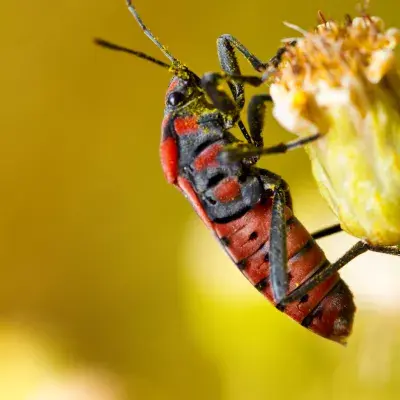

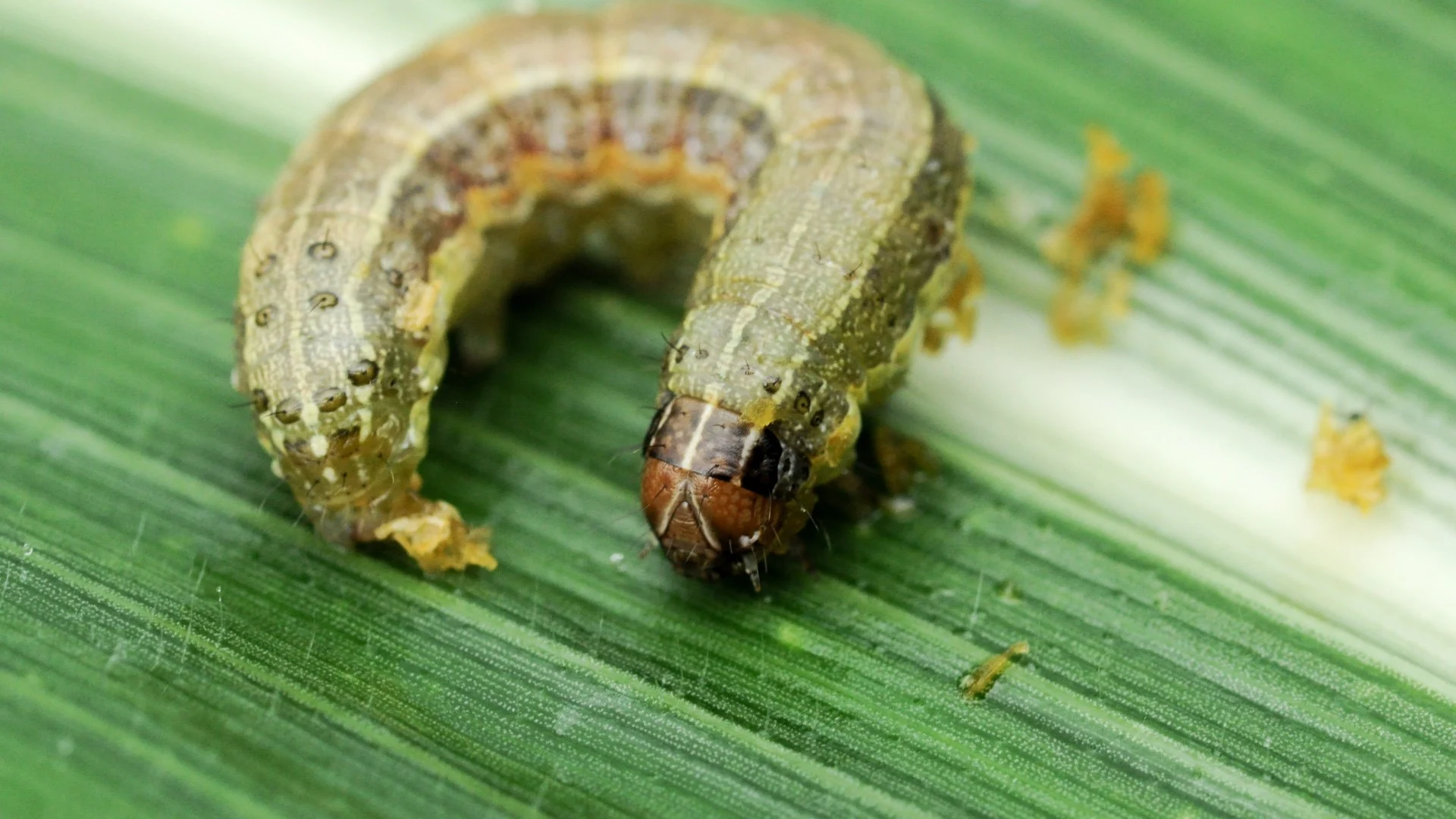

Comments (0)
Thanks for your comment!
Thanks for your feedback! Your comments have been successfully submitted! Please note, all comments require admin approval prior to display.
Error submitting comment!
There is a problem with your comment, please see below and try again.